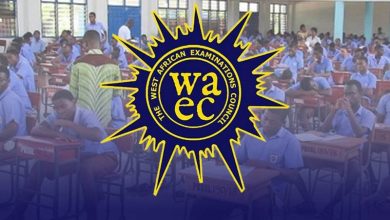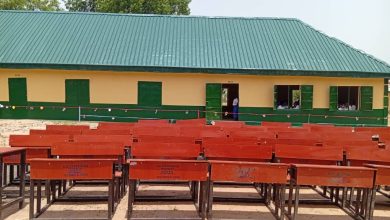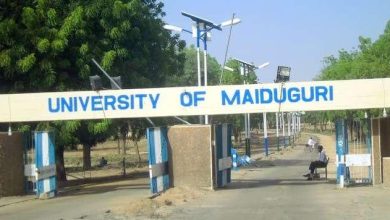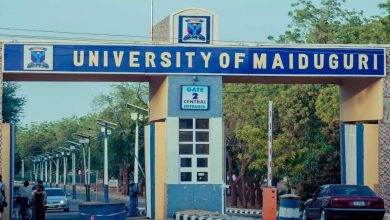Over N250bn UBEC Funds Lying Idle in States, Says Executive Secretary Aisha Garba
UBEC laments over N250 billion education funds still unspent by states despite urgent school needs.
Training launched to improve fund usage, ensure better results for teachers, pupils, and communities nationwide.
The Executive Secretary of the Universal Basic Education Commission (UBEC), Dr. Aisha Garba, has raised concerns over the continued non-utilization of more than N250 billion in intervention funds disbursed to state governments.
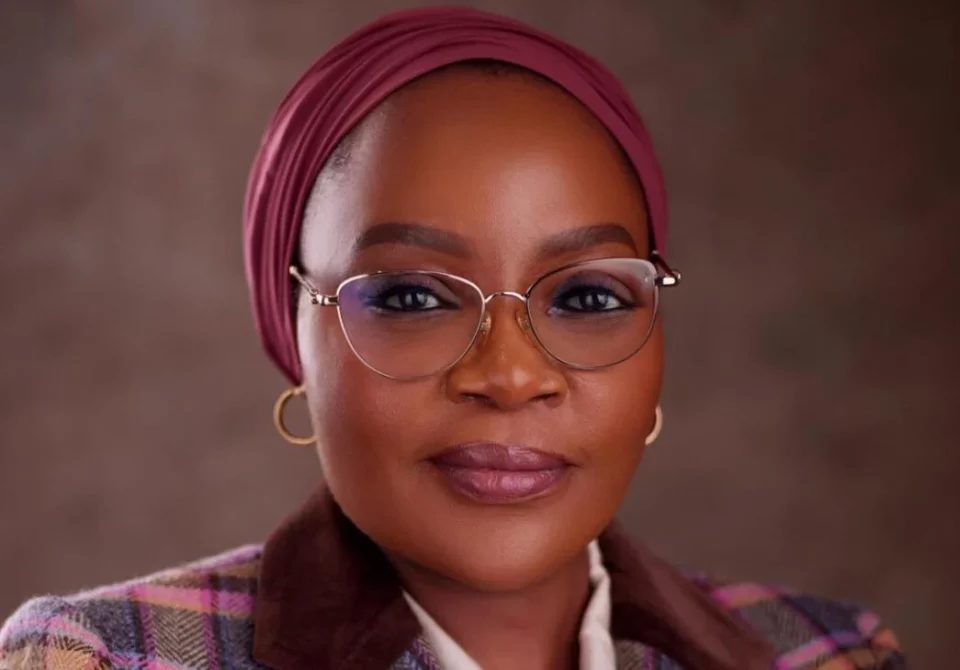
Dr. Garba, who was represented by UBEC Deputy Executive Secretary (Technical), Razaq Akinyemi, made the revelation in Abuja on Monday during the opening session of a three-day financial management training for officials managing the Universal Basic Education (UBE) funds across the 36 states and the Federal Capital Territory (FCT). Participants include finance directors, internal auditors, and matching grant officers from State Universal Basic Education Boards (SUBEBs).
Themed “Efficient and Effective Management of UBE Intervention Fund: A Key to Successful Basic Education Service Delivery,” the training aims to boost the financial oversight and responsible deployment of the UBE intervention funds at the state level.
Garba lamented that despite ongoing disbursements, many states continue to delay the usage of funds meant for improving infrastructure and teaching standards in public schools.
She disclosed that between January and June 2025 alone, UBEC disbursed N92.4 billion in matching grants to 25 states and the FCT. In addition, N19 billion was released to 32 states and the FCT under the 2023/2024 Teacher Professional Development (TPD) fund. Also, N1.5 billion was sent to 1,147 communities nationwide through the School-Based Management Committee School Improvement Program (SBMC-SIP).
Reflecting on her first assignment upon assuming office in January 2025 supervising the 46th financial monitoring of the UBE Fund in North Central states Garba said the experience exposed several issues at the state level, including delays in fund access, misuse of resources, violations of procurement procedures, tax remittance failures, and deviations from approved project plans.
“The exercise offered me the opportunity to identify some of the lapses associated with the management of the UBE funds at the State level such as slow access of UBE Matching Grant, slow utilization of the fund, non-compliance with the fund utilization guidelines, diversion of fund, non-deduction and remittance of taxes, non-compliance with the due process in the award of contracts… as well as non-adherence to the approved Action Plan,” she said.
In response, she initiated reforms including revising fund utilization guidelines, creating a new action plan template for SUBEBs, and expanding training programs locally and internationally to build staff capacity.
She noted that while recent figures show improvement, with increased access to matching grants by some states, a significant portion of the funds over N250 billion remains unused in the coffers of various SUBEBs and the FCT.
“This training therefore seeks to equip the fund managers with the skills required for making the necessary changes so as to address the challenge from issues of access, to timely utilization as well as effective oversight and accountability at the grassroots,” she said.
Garba also emphasized the need for continued financial discipline and encouraged participants to embrace accountability as a core value.
“This edition of the training is thus another critical milestone in our collective pursuit of ensuring transparency, accountability, and prudence in the management of public resources entrusted to us for the delivery of quality basic education,” she added.
Topics to be covered during the training include the new SUBEB action plan template, updates from the Nigerian Tax Reforms Act 2025, identifying red flags in project execution, procurement procedures, and financial record keeping.
Garba stressed that the actual impact of the UBE program lies not in how much money is allocated but how effectively it is used to improve learning outcomes for Nigerian children.
She concluded by urging participants to actively engage in the sessions, share insights, and renew their commitment to ensuring that every naira spent yields tangible results in schools.
“I also charge all participants to be attentive, engage fully, and take advantage of this opportunity to ask questions, share experiences, and network with your counterparts across states,” she said.
